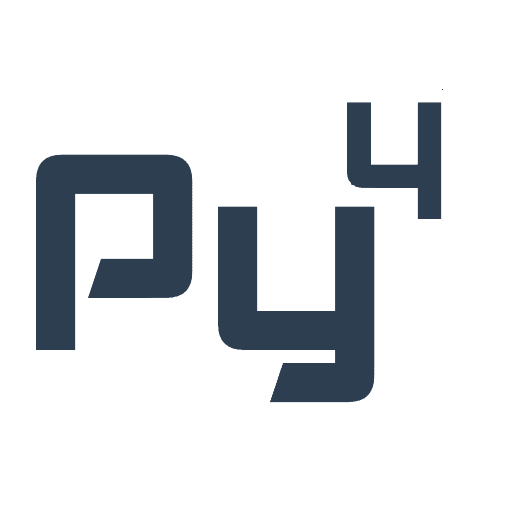Program Content and Knowledge Level
To the best of our ability, course/program knowledge and content levels will align with the background of course participants.
Course/program knowledge is roughly classified into the following categories:
None – participants are assumed to have no formal training or knowledge of the subject.
Basic – participants are assumed to have at least one or more formal training or knowledge of the subject or related subjects.
Intermediate – participants are assumed to have at least three or more formal trainings in the subject or related subjects.
Advanced – participants are assumed to have at least five or more formal trainings in the subject or related subjects.
Overview – participants are assumed to have read about the subject but have no hands-on experience in the subject.
Update – participants are assumed to have participated in at least one Overview or Basic course but have no hands-on experience in the subject.
All courses or programs that are in the Intermediate, Advanced or Update categories will clearly state all necessary prerequisite courses or related subjects needed, along with any experience or advanced preparation. Prerequisites, experience or advanced preparation will be stated in all course announcements, marketing materials, course objectives and course outcomes.
For courses or programs that are in the Basic or Overview categories, prerequisite courses, experience or advanced preparation will be stated in all marketing materials, course objectives and course outcomes. In the event that no prerequisite courses, experience or advanced preparation is needed, then “None” will be stated in all course announcements, marketing materials, course objectives and course outcomes.
Content and Delivery System
Programs and underlying course content must be developed by individuals or teams having expertise in the subject matter. Expertise may be demonstrated by satisfying at least one of the following conditions:
Academic – as demonstrated by a working or published paper on the subject in a publicly accessible repository.
Industry – as demonstrated by working at least 200 hours with the technology or on the subject for a client engagement or project
Education – as demonstrated by successful completion of at least four courses on the subject
Py4 assures that program content and program level is appropriate and current for intended participants by using the ADDIE model. ADDIE has five steps: Analyze, Design, Develop, Implement, and Evaluate. The analyze phase is the most relevant to this question so we focus on it below.
In the Analyze phase we ask the questions:
- Who are our learners?
- What are the overall goals we want them to achieve?
- What are the overall knowledge and skills that need to be taught?
- What is the amount and level of necessary content?
- What resources are required and available?
Next we design, develop, implement and evaluate. We implement the course at the pilot stage by first presenting it to our target audience, primarily business professionals or up and coming business professionals in a pilot course and then evaluate their responses and feedback. Feedback is solicited through interviews and course completion surveys.
Course completion surveys follow the NASBA suggested format and can be viewed at: https://qualtricsxmk9tkqrgmy.qualtrics.com/jfe/form/SV_7VE4iGwsQlrlZ4O
To ensure that programs clearly articulate the knowledge, skills and abilities that can be achieved by the participants, we follow the suggested NASBA External Promotional Materials examples and manifested in a course registration page:
We strive to follow the ADDIE model of course development, rigorously seek feedback and adhere to best practices for CPE as put forth by national boards. Following these principles is our first line of defense in ensuring timely, relevant courses. Following the ADDIE model ensures that the programs will contain relevant learning objectives and outcomes that clearly articulate the professional competence that should be achieved by the participants and why they will be achieved.
Our second line of defense is our content development team. Content will developed by qualified persons other than those that developed the programs.
Our third line of defense is our course reviewers and instructional designers. Accounting and auditing reviewers must have at least one licensed CPA (in good standing and holding an active license or equivalent of an “active” license in a U.S. jurisdiction). Tax reviewers and course developers of tax courses must include at least one licensed CPA, tax attorney, or IRS enrolled agent. Courses on international taxes must include the participation of an “active” licensed CPA for the international jurisdiction involved.
We believe that with clear development models, expert developers and expert reviewers we can deliver the timely and relevant education courses for all learners.
Please see our About Us page for your current content development and reviewer teams.

